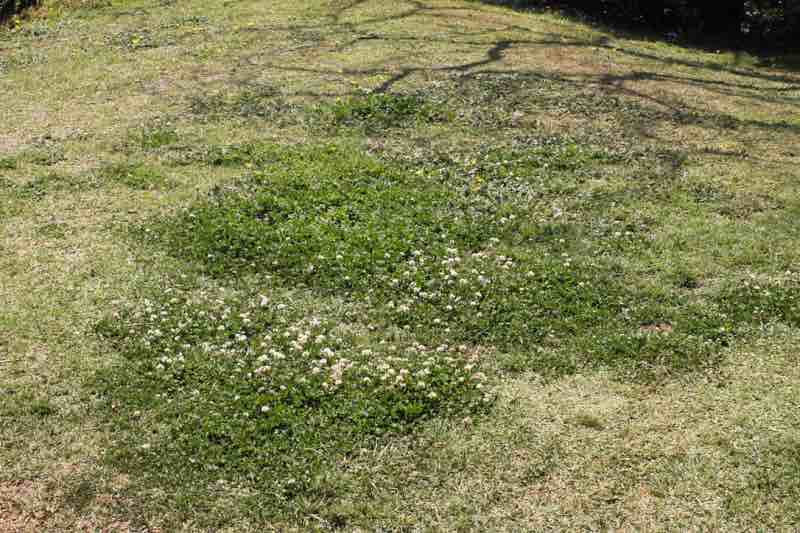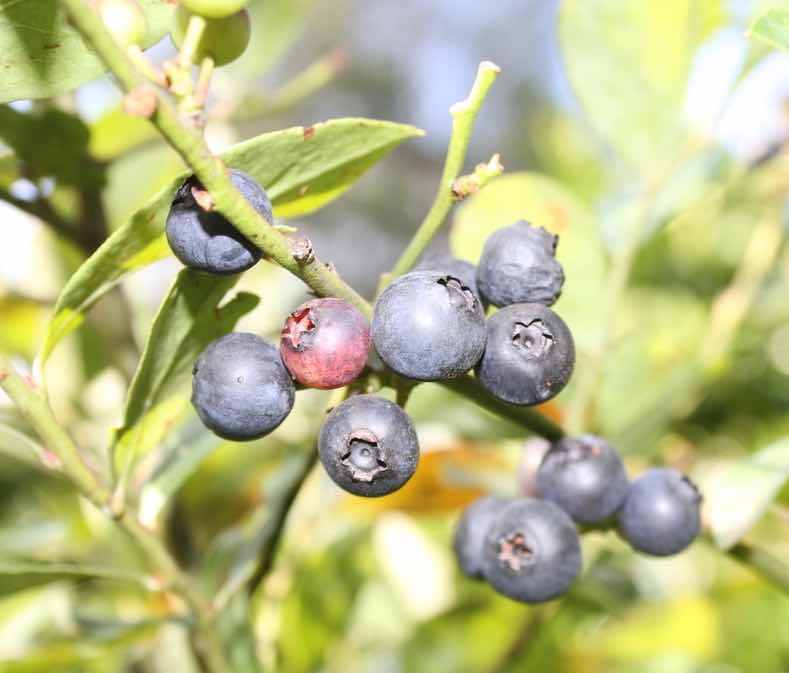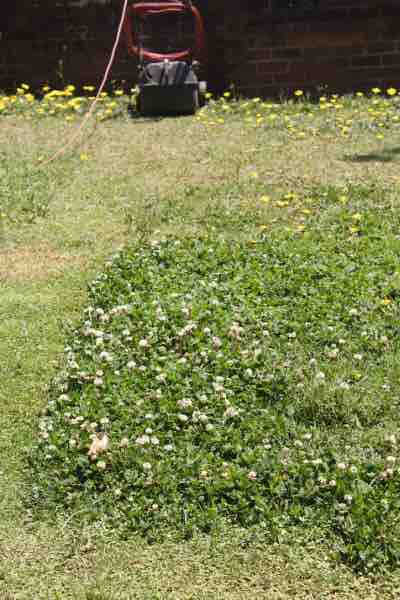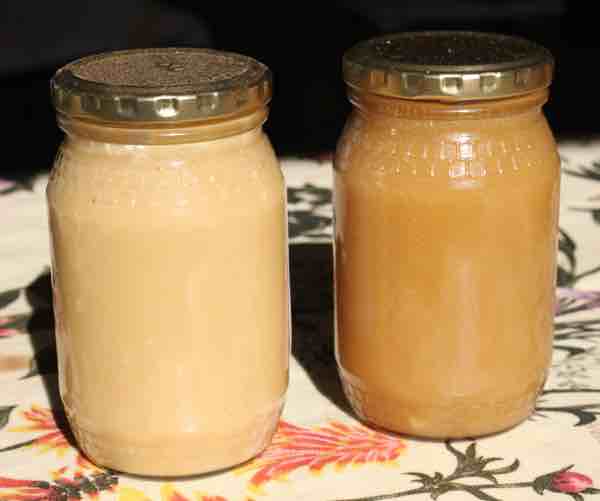- Bernard Preston homepage
- Beekeeping
- Delayed Mowing
Delayed mowing
Delayed mowing will provide nectar and pollen for rapidly-vanishing species. A study that show how the biomass of insects in nature areas has declined by a massive 75pc in less than thirty years in Bavaria has shocked Germans into the gravity of the situation.
Birds like skylarks and lapwings were common over the fields of Bavaria just two decades ago. Their food source seriously depleted they too are vanishing.
Massive loss of biodiversity has arrived in Europe in a big way. The powerful farming industry, along with chemical companies supplying devastatingly toxic insecticides find themselves seriously challenged for the first time[1].

New measures boost organic ways of producing food and reducing toxic-chemicals such as neonics. Wildlife in its broadest sense, including for example bees and butterflies, is being supported at last by government.
But let's be honest about it; reducing herbicides means that farmers will have to make wholesale changes to current agricultural practices.
It implies in one sense seeing indigenous weeds as part of the biodiversity; their flowers underpin the insects that pollinate the crops and feed the birds. However they will consume a significant amount of soil-nutrients and light.
This will certainly mean reduced production and higher-costs to the housewife.
Many crops such as lucerne and clover for example can provide flowers that will foster pollinating-insects; but they are usually mown before any nectar is produced.
Delayed mowing of a portion of the pasture, allowing the crops to flower, may marginally reduce production. But that would certainly support pollinators like honeybees that would greatly increase the yield of almonds, fruit-orchards and linseed in adjacent fields, for example.
 Blueberries need insects for pollination.
Blueberries need insects for pollination.Many berries, nuts and pumpkins produce almost no yield
without pollination by insects. Delayed mowing of a portion of pastures would have
immensely positive consequences for biodiversity; and handsomely increase the yields of crops.
But how do we support the clover-farmer who by delaying mowing is providing food for bees that would pollinate his neighbours' plums and peaches? He may be altruistic but sees no personal benefit.
Clearly something has to change. We are witnessing the mass extinction of the very insects that pollinate much of our food.
Does a "silent spring" lie just around the corner with no bees available to buzz in the avocado trees, the fields of waving flax and the almond orchards that we are so dependent on?
It is estimated that one in four mouthfuls of our food is pollinated by honeybees.
In Europe less than 10pc of agricultural land is managed organically; the ambitious goal is to raise that to around 30 percent. In America less than 1% of farms are grown on the principles of humus and no pesticides.
It comes as no surprise thus that the health-status of the people in the United States is astonishingly low despite their affluence.
Clover
On a personal note a root of clover has somehow established itself in our lawn; our first thought was to weed it out. Then we noticed that the bees were foraging amongst the flowers.
It is now time to cut the grass; should we practise delayed mowing of part of the lawn?
That is the current feeling and not to discourage the clover as it spreads over our lawn. What is more important? How vital is a beautifully managed garden in front of our verandah to show off to our guests?
Or should we practice what we preach, delay the mowing and allow the invader to take over?
The hens love the newly-mown clover added to their feed if it is first allowed to seed. All creatures great and small will be winners but we for a season have an untidy lawn.

I am glad that I'm lucky not to have a gardener; delayed mowing of this clover contributed to the wonderful harvest of honey this week. After a few days I will cream[2] it.

Beekeeping
Any person passionate about preserving the environment should at least consider keeping a hive or two. In Africa the bees are vicious but in most of the world where species from Europe predominate they are relatively calm.
However never take a beehive for granted. It contains 50,000 little creatures equally passionate about defending their home from marauders; each one with a potentially fatal stinger.
However having kept bees for more than 60 years it is the hobby that has stayed the test of time. No longer do I fly gliders, fish for trout or ride a bicycle; but I do have 13 hives in the garden.
Apart from the environment, natural unprocessed honey is getting more difficult each year to find. More than 50% of that in supermarkets is reckoned to be adulterated, often with high-fructose corn syrup; deadly stuff with a very high glycemic index.
However natural, raw honey has surprisingly a low glycemic index.
When browsing use right click and Open Link in New Tab, or you may get a bad gateway signal.
Newsletter
Our newsletter is entitled "create a cyan zone" at your home, preserving both yourself and Mother Earth for future generations; and your family too, of course. We promise not to spam you with daily emails promoting various products. You may get an occasional nudge to buy one of my books.
Here are the back issues.
- Lifestyle and ideal body weight
- What are ultra-processed foods?
- Investing in long-term health
- Diseases from plastic exposure
- Intensive lifestyle management for obesity has limited value
- A world largely devoid of Parkinson's Disease
- The impact of friendly bacteria in the tum on the prevention of cancer
- There's a hole in the bucket
- Everyone is talking about weight loss drugs
- Pull the sweet tooth
- If you suffer from heartburn plant a susu
- Refined maize meal and stunting
- Should agriculture and industry get priority for water and electricity?
- Nature is calling
- Mill your own flour
- Bake your own sourdough bread
- Microplastics from our water
- Alternative types of water storage
- Wear your clothes out
- Comfort foods
- Create a bee-friendly environment
- Go to bed slightly hungry
- Keep bees
- Blue zone folk are religious
- Reduce plastic waste
- Family is important
- What can go in compost?
- Grow broad beans for longevity
- Harvest and store sunshine
- Blue zone exercise
- Harvest and store your rainwater
- Create a cyan zone at your home
Did you find this page interesting? How about forwarding it to a friendly book or food junkie? Better still, a social media tick would help.
- Bernard Preston homepage
- Beekeeping
- Delayed Mowing
Address:
56 Groenekloof Rd,
Hilton, KZN
South Africa
Website:
https://www.bernard-preston.com